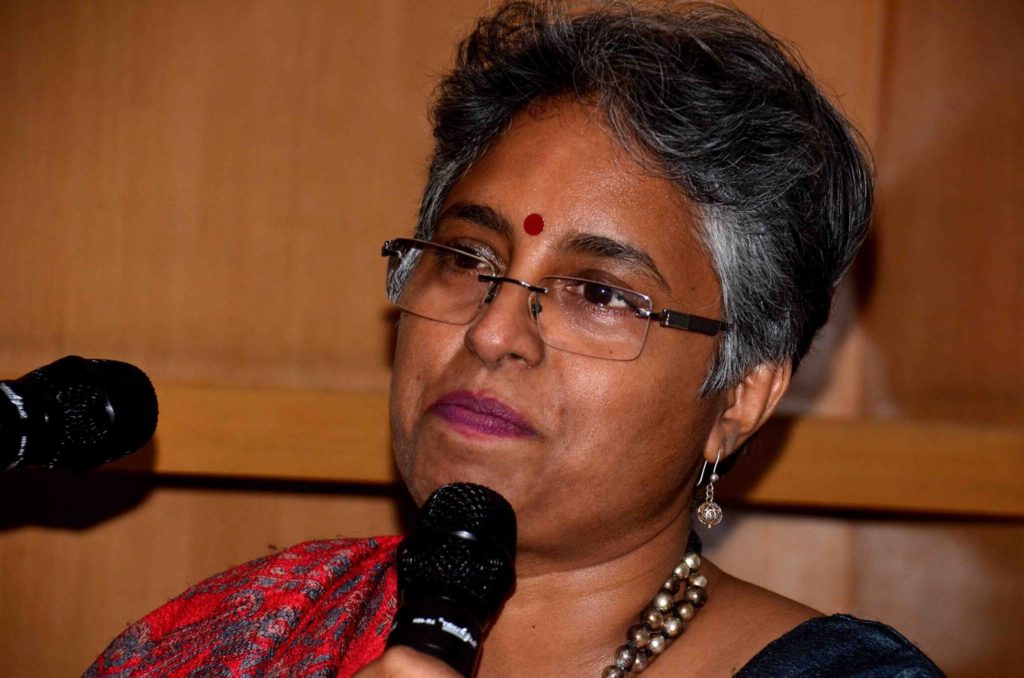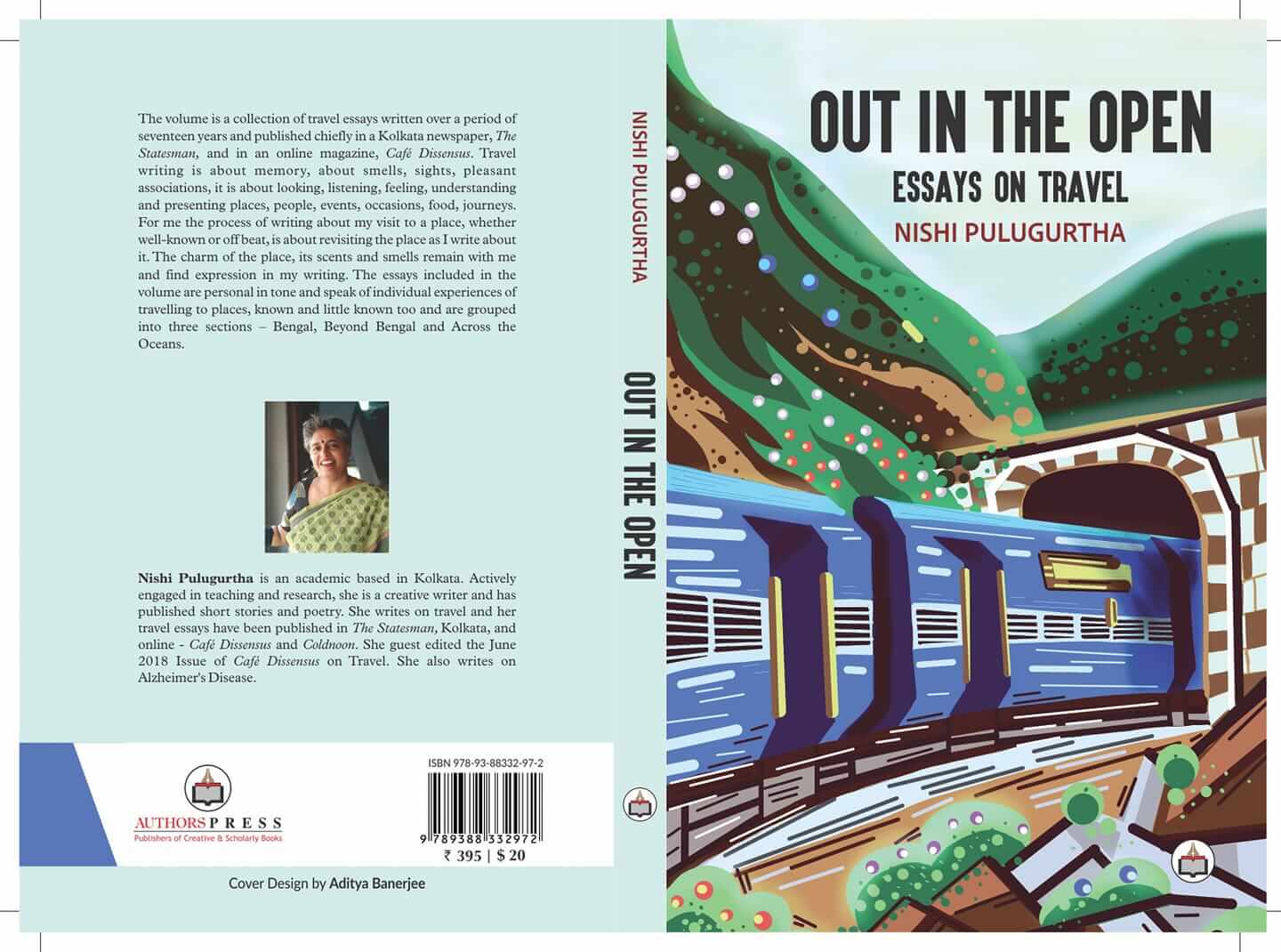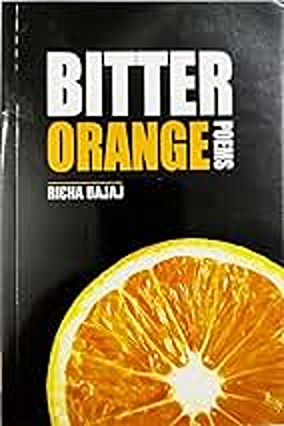Nabanita reviews Nishi Pulugurtha travel memoirs, Out in the Open, exclusively for Different Truths.

Book: Out in the Open
Author: Nishi Pulugurtha
Genre: Travel memoirs
Pages: 200
Publisher: Author’s Press, New Delhi (India)
March 2020, suddenly all doors that led to the outer world came to a close. Human race entered a new phase of interaction where almost all interactions became virtual.
March 2020, suddenly all doors that led to the outer world came to a close. Human race entered a new phase of interaction where almost all interactions became virtual. A screen and a keyboard became the mediators of correspondence. Gone were the days of carefree travel, soaking in the excitement of a new place or interacting with a new culture. Everything beyond our immediate doorstep became a matter of suspicion as the new virus kept on waging its war against humanity. For quite a number of women, conventionally saddled more with family responsibilities, remaining homebound seemed and still seems to be the immediate future. Reading Nishi Pulugurtha’s book of travel essays, Out in the Open, in such a situation is like inhaling a gust of fresh air. Appropriating Anna Quindlene’s words “also books are the plane, and the train, and the road’ we travel with the author, look at the known and unknown lands through her eyes, drawing a vicarious pleasure from reading them.
The book is divided into three sections, self-explanatorily titled as– Bengal, Beyond Bengal, Across the Oceans. For the author settled in Kolkata, the structure of the book signifies a movement from nearer home to the wide world outside. There are twelve essays in the first section, twenty-one in the second and three in the final section of the book. The range of areas covered vouch for the author being smitten by the idea of travel. A true travel enthusiast, Nishi Pulugurtha looks at each of the places with a pair of keen eyes and an empathetic heart. While the beauty of a place resonates with her, she is also pained by the apathy which many of these places are subjected to.
“…the erstwhile gardens are overgrown now. In the gardens are remnants of fountains, all overgrown with foliage. Just outside the premises is a three-storied tower similar in design to the Nazar Minar of the Gayen Bari. Unlike that structure, this one is in bad shape, the yellow paint is almost off, the figures on the top are mostly broken. The lone caretaker who comes in seeing us around tells us that the family is all settled in Kolkata and come here only during Durga Puja.” (35, Dhanyakuria)
History, unknown and forgotten, seeps into these travel stories with an air of yellow nostalgia as do the local legends.
History, unknown and forgotten, seeps into these travel stories with an air of yellow nostalgia as do the local legends. They add a timeless charm into the essays.
“The summer capital of the Chand Kings, who ruled over Kumaon from the 11th to 18th centuries, Binsar is also known for the mythical battle between the king of Binsar and Golu Devta. Legend has it, that in the melee, Golu Devta was beheaded, and his trunk fell at Gairad Dana Golu near the Binsar Sanctuary while his head fell at Kaparkahan near Binsar.” (96, Binsar)
Similar stories are scattered throughout the book, enriching the readers. She never misses to narrate the historical importance of the places she visits.

Similar stories are scattered throughout the book, enriching the readers. She never misses to narrate the historical importance of the places she visits. Hence, the piece on Georgetown tells us, “Founded in 1751, Georgetown in a historical neighbourhood and predates the city of Washington D.C by several years. Georgetown remained a separate municipality till 1871. Some accounts say that the place is named after King George II of Great Britain, the reigning British monarch at the time…” (197, Georgetown)
One of the interesting things that struck me as a reader was the equanimity with which the author describes the places near home as well as across the continent. So, an account of Dhanyakuria, almost at the backyard of Kolkata or Baranti, at a stone’s throw away is not in any way less engaging than the description of the ‘Historical Marvel’, Weimar in Germany. The evenness of her tone is praiseworthy and makes it a pleasant read. There is no superfluity of excitement yet there is a deep desire to see the new place, to understand the unknown. In her interactions with the locals her keen eyes do not miss the details of the place she visits – “As we walk down, we see the women resting after the day’s chores, children playing in the yards and fields, a small sweet shop on the way, a shop selling onion pakoras, a fish vendor, a bullock cart outside a hut, a lane that leads away from the main road lined with houses and Mahi (the guide, a local) answering the village folk’s questions about us” (150, Sankarda).
The places that the author writes about are not all internationally famous places. In fact, quite a few of them are offbeat or little-known travel destinations.
The places that the author writes about are not all internationally famous places. In fact, quite a few of them are offbeat or little-known travel destinations. The places are carefully chosen, not for their glamour quotient but for the appeal that they hold for her. Hence while on the one hand we visit the ‘touristy’ Lansdowne through the author’s writings, we also get to see the serene village of Sankarda, ‘where time stands still’. True to the author’s claim, the essays are pieces of memory that she has carried back with her. As readers we also enter the memories as she revisits each place, bringing them to life through her words. The narrative, sometimes in first person plural and sometimes in first person singular never loses the personal touch.
In this post-modern, cyber-centric, information dominated contemporary world, the age-old gender divide still rages, albeit in newer forms. We are still forced to talk about women’s safety, problems of women’s travel, the security issues associated with it, and much more. The fact that the government still has to run schemes like beti bachao beti padhao (save daughters, educate daughters) is self-explanatory of the state of women in India. March being the month of women’s history and the month in which the world observes International Women’s Day, it is important that we celebrate such women who have managed to carve a niche for themselves. Nishi Pulugurtha, the educator, academician and creative writer is definitely one such name. Her book of travel adds to a genre that still does not have a very large repertoire of work by women as compared to that of other genres and hence is a significant addition in the field of travel writing.
Visuals sourced by the reviewer





 By
By
 By
By
 By
By
 By
By